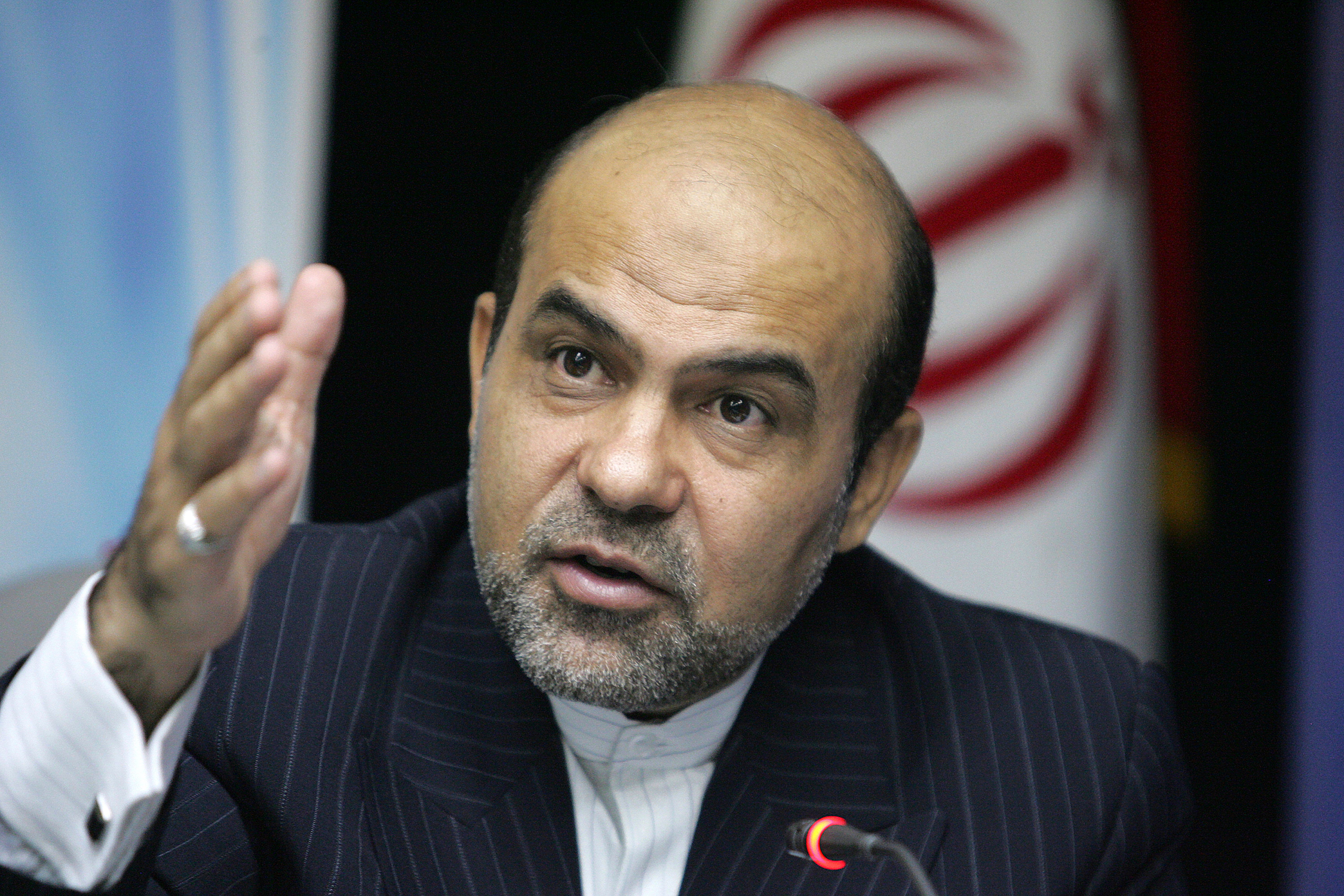Ex-diplomat says Iran execution timing might have been influenced by UK politics
A former British ambassador to Iran has linked Alireza Akbari’s death to calls for the Revolutionary Guard to be classed as a terror group.

Iran may have decided to execute Alireza Akbari in protest at the UK potentially labelling a special branch of its armed forces a terror group, a former diplomat said.
Sir Richard Dalton, a former UK ambassador to Iran, said pressure to add the Islamic Revolutionary Guard Corps (IRGC) to a list of banned terrorist organisations might have influenced the timing of the British-Iranian national’s killing.
Iranian state media on Saturday announced that Mr Akbari, a former Tehran defence official, had been executed.
He is believed to have been arrested in 2019 reportedly on suspicion of giving MI6 information related to past Iran nuclear talks with western nations, reports said.
In comments obtained by BBC Persian before his death, Mr Akbari said he confessed to “false and corrupt claims” after being tortured.
His state execution comes after British MPs voted this week in favour of adding the revolutionary guard to a list of banned terrorist organisations in the UK.
The backbench motion, tabled by Conservative MP Bob Blackman, is non-binding on the Government and ministers are still considering the matter.
Sir Richard worked in Iran between 2003 and 2006, making it his last posting before retiring, having also served in Libya and Jerusalem.
Speaking to Times Radio, he gave two reasons for why the Iranian regime — which has been shaken by anti-government protests in recent months — may have gone ahead with the execution at this time.
“First, giving a strong message, a strong signal to their own people, and anybody else tempted to work with people whom the Iranian government regards as their enemies, should think again, because this is the kind of fate that awaits them,” said the former diplomat.
“Secondly, there’s a decision pending in the UK as to whether to make the Islamic Revolution guards organisation, the Revolutionary Guards, in toto, a terrorist organisation under British law.
“It is possible that they want to assert their right to protest against that in advance.”
Senior Conservatives, including former cabinet minister Robert Jenrick, have been urging ministers to take a harder line on the IRGC.
Commons Foreign Affairs Committee chairwoman Alicia Kearns has called on ministers to shut down a London base which is said to be used by the special branch.
The Tory MP said she wanted to see the “Islamic Revolutionary Guard Corp office in Maida Vale closed”.
“They like to call it an outreach office, an Islamic centre,” she told BBC Radio 4’s Today programme.
“The head of it was appointed directly by the supreme leader of Iran.
“This is an organisation that is solely there to spread the word of the Islamic repressive regime.”
She said proscribing the guards would represent a “big shift in policy” for Britain as it would “be the first time that we would have recognised that states can undertake terrorism”.
Bookmark popover
Removed from bookmarks